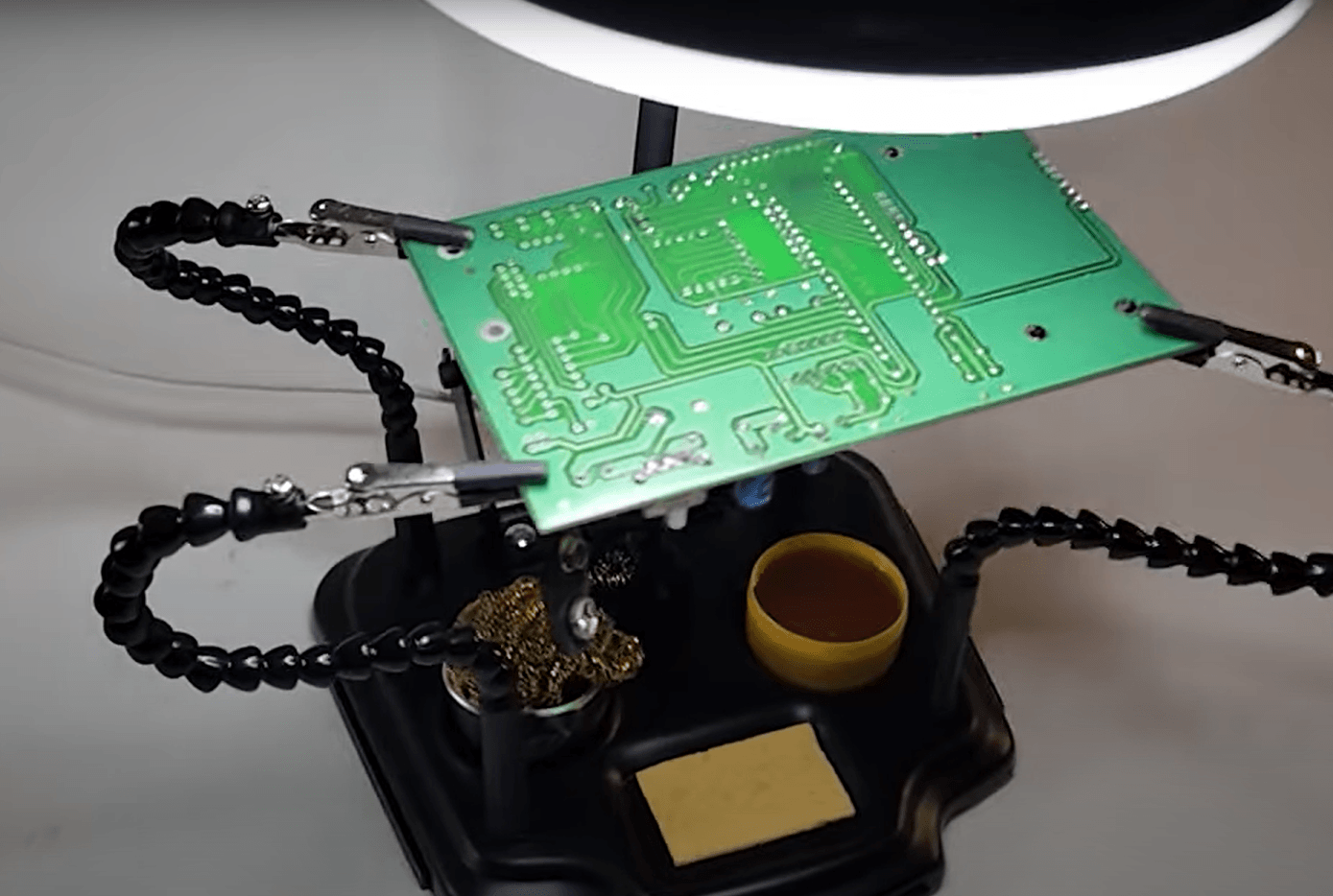We're Not Innovating, We're Just Forgetting Slower
The latest "update" from my Internet Service Provider (ISP) has left me feeling like I'm stuck in a time loop. My Google Nest Wi-Fi router, once a proud and reliable member of our smart home team, can now create a PPPoE connection using my fibre modem... no more. But my PCs? They're still happy to connect with ease, so I've taken the drastic measure of wiring the modem directly into the PC. The result? A loss of functionality for all those Wi-Fi lightbulbs that were once so proud to shine bright.
This isn't nostalgia talking – it's a recognition that we've traded reliability and understanding for the illusion of progress. We're living in a world where every few years, we rediscover fundamental concepts, slap a new acronym on them, and pretend we've revolutionized computing. Edge computing? That's just distributed processing with better marketing. Microservices? Welcome to the return of modular programming, now with 300% more YAML configuration files.
Serverless? Congratulations, you've rediscovered time-sharing, except now you pay by the millisecond. We're drowning in a sea of noise generated by people who mistake familiarity with terminology for comprehension of the underlying principles. The "maker movement" has become another victim of our forgetting problem, co-opted by influencer culture where the goal isn't to build something useful but to generate content about building something photogenic.
Real making is messy. It involves understanding material properties, thermal characteristics, failure modes, and the thousand small decisions that separate a working prototype from an expensive paperweight. But in today's world, it's all about creating content that looks good on social media – not about actually engineering something useful.
The Cost of Forgetting
We're losing sight of what truly matters: understanding and explaining how things work. We need editors who know what a Bode plot is, technical writing that assumes intelligence rather than ignorance, and educational systems that teach principles alongside tools, theory alongside practice.
Most importantly, we need to stop mistaking novelty for innovation and complexity for progress. The best engineering solutions are often elegantly simple – they work reliably, fail predictably, and can be understood by the people who use them. But these are no longer the hallmarks of a successful product in today's fast-paced world.
The Solution
So how do we get back on track? We need to start valuing understanding over complexity, reliability over novelty, and education over marketing hype. We need to stop mistaking shallow understanding for true comprehension and instead focus on building a generation of engineers who can explain, not just deploy.
A Time to Rediscover
The irony isn't lost on me – I spent fifteen minutes trying to get my smart doorbell to connect to Wi-Fi while writing this. It's a reminder that we've lost sight of what truly matters: understanding and explaining how things work. We need to rediscover the principles that made our grandparents' electronics last for decades, not just the flashy new gadgets that promise to revolutionize everything.
We can do it again – but first, we need to stop forgetting what we already know.
